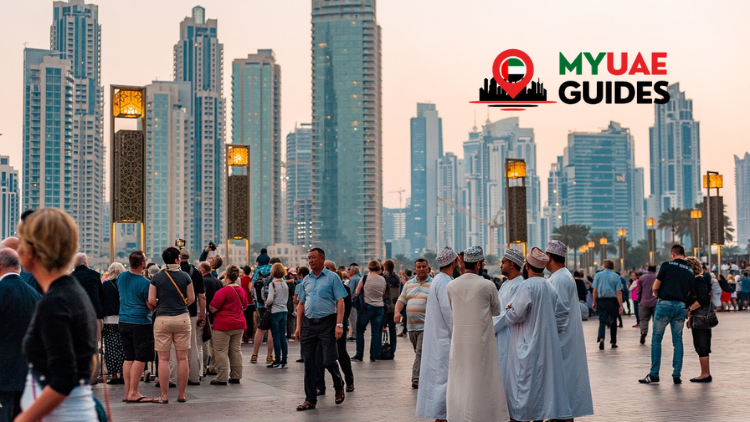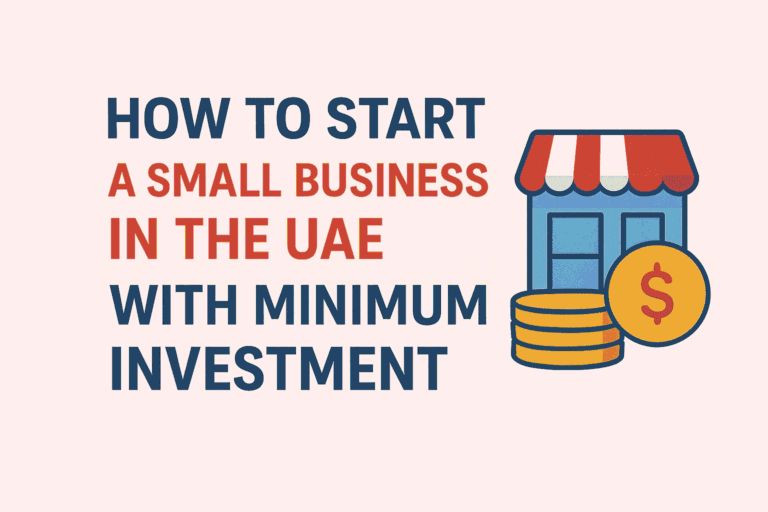
Dubai, known for its iconic skyline, thriving economy, and strategic location, continues to be a magnet for investors worldwide. In recent years, the city’s commercial real estate market has evolved rapidly, presenting both challenges and opportunities for investors. With ambitious development projects, innovative business policies, and a growing global footprint, Dubai’s commercial real estate sector is positioned for significant transformation in the coming years.
In this article, we explore the current landscape of Dubai’s commercial real estate, future trends shaping the market, and key insights investors need to navigate this dynamic sector successfully.
The Present Situation of the Commercial Real Estate Market in Dubai
Dubai’s commercial real estate sector is as diverse as it is vast, offering a range of investment opportunities across different segments, including office spaces, retail centers, warehouses, industrial zones, and hospitality developments. The market is underpinned by Dubai’s role as a global business hub, attracting multinational corporations, start-ups, and regional businesses alike.
Several factors have contributed to the growth of the commercial real estate market in Dubai:
1. Business-Friendly Environment
Dubai’s government has implemented policies to attract foreign investment, including 100% foreign ownership in certain sectors, tax-free zones, and easy company registration processes. These initiatives have led to a surge in demand for office spaces and business facilities, particularly in free zones such as the Dubai International Financial Centre (DIFC) and Dubai Media City.
2. Infrastructure Development
The city’s continuous investment in world-class infrastructure is another key factor driving demand for commercial properties. Projects like the Dubai Metro, new airports, and logistics hubs have enhanced accessibility and connectivity, making Dubai an attractive destination for businesses.
3. Expo 2020 Legacy
The event brought significant investments in infrastructure and development, creating new commercial districts and boosting demand for retail and office spaces. The post-expo legacy, including the development of District 2020, is expected to further enhance the city’s commercial real estate offerings.
4. Digital Transformation and Smart Cities Initiatives
Dubai has embraced the concept of smart cities, integrating technology into urban planning and commercial spaces. The changing nature of work and the evolving demands of businesses are reflected in the rise of co-working spaces, smart offices, and flexible leasing options. As Dubai positions itself as a tech hub in the region, the commercial real estate market will likely see increased demand for spaces that support innovation and collaboration.
Key Trends Shaping the Future of Commercial Real Estate in Dubai
As Dubai continues to grow and diversify its economy, several trends are likely to shape the future of the commercial real estate market. Investors who understand and capitalize on these trends will be well-positioned to succeed in this competitive environment.
1. The Rise of Flexible and Hybrid Workspaces
The global shift toward remote and hybrid work models has led to increased demand for flexible office spaces in Dubai. Businesses are now seeking offices that provide flexibility in lease terms, adaptable layouts, and shared amenities. Co-working spaces and serviced offices are on the rise, catering to both established corporations and startups. Investors who tap into this trend by developing or acquiring flexible office spaces will find strong demand in the years ahead.
2. Sustainability and Green Buildings
Dubai has committed to ambitious sustainability goals, aiming to reduce its carbon footprint and promote green energy. This has led to a growing demand for eco-friendly commercial buildings that meet green certification standards. LEED-certified buildings and sustainable construction practices are becoming increasingly popular as businesses seek to align their operations with environmental objectives. Investors focusing on sustainable developments will not only benefit from growing demand but also enjoy long-term value as regulations and incentives favor green investments.
3. E-Commerce and Logistics Demand
The rapid growth of e-commerce in the region is fueling demand for warehousing and logistics facilities in Dubai. As online shopping continues to expand, businesses need efficient supply chains and distribution centers. This trend is driving demand for industrial spaces in key areas such as Dubai South, Jebel Ali Free Zone, and Al Quoz. Investors looking to diversify their commercial real estate portfolios should consider the logistics and industrial sector, which is poised for sustained growth.
4. Hospitality and Mixed-Use Developments
Dubai remains one of the world’s top tourist destinations, and the hospitality sector plays a crucial role in the city’s commercial real estate landscape. However, there is a growing trend toward mixed-use developments that combine retail, office, and hospitality spaces. These developments offer a more holistic experience for tenants and customers, creating vibrant communities that cater to work, leisure, and living needs. As Dubai continues to attract global visitors and businesses, mixed-use developments will become increasingly attractive to investors.
5. Technological Integration and PropTech
Technology is playing an increasingly important role in the commercial real estate sector, from property management systems to smart buildings. PropTech (property technology) is transforming the manner in which properties are developed, managed, and transacted. Investors who embrace technological innovations, such as digital leasing platforms, virtual property tours, and AI-powered analytics, will have a competitive edge in managing their assets and attracting tech-savvy tenants.
Conclusion
Investment opportunities abound for anyone with an eye toward the future in Dubai’s commercial real estate sector. By understanding the key trends shaping the market—such as the rise of flexible workspaces, sustainability, and e-commerce demand—investors can position themselves for long-term success. Strategic investments in prime locations, coupled with a focus on innovation and sustainability, will ensure that investors remain competitive in this dynamic and evolving market. Dubai’s commercial real estate market can produce remarkable profits and act as the foundation of a well-rounded investment portfolio with proper preparation and market research.



